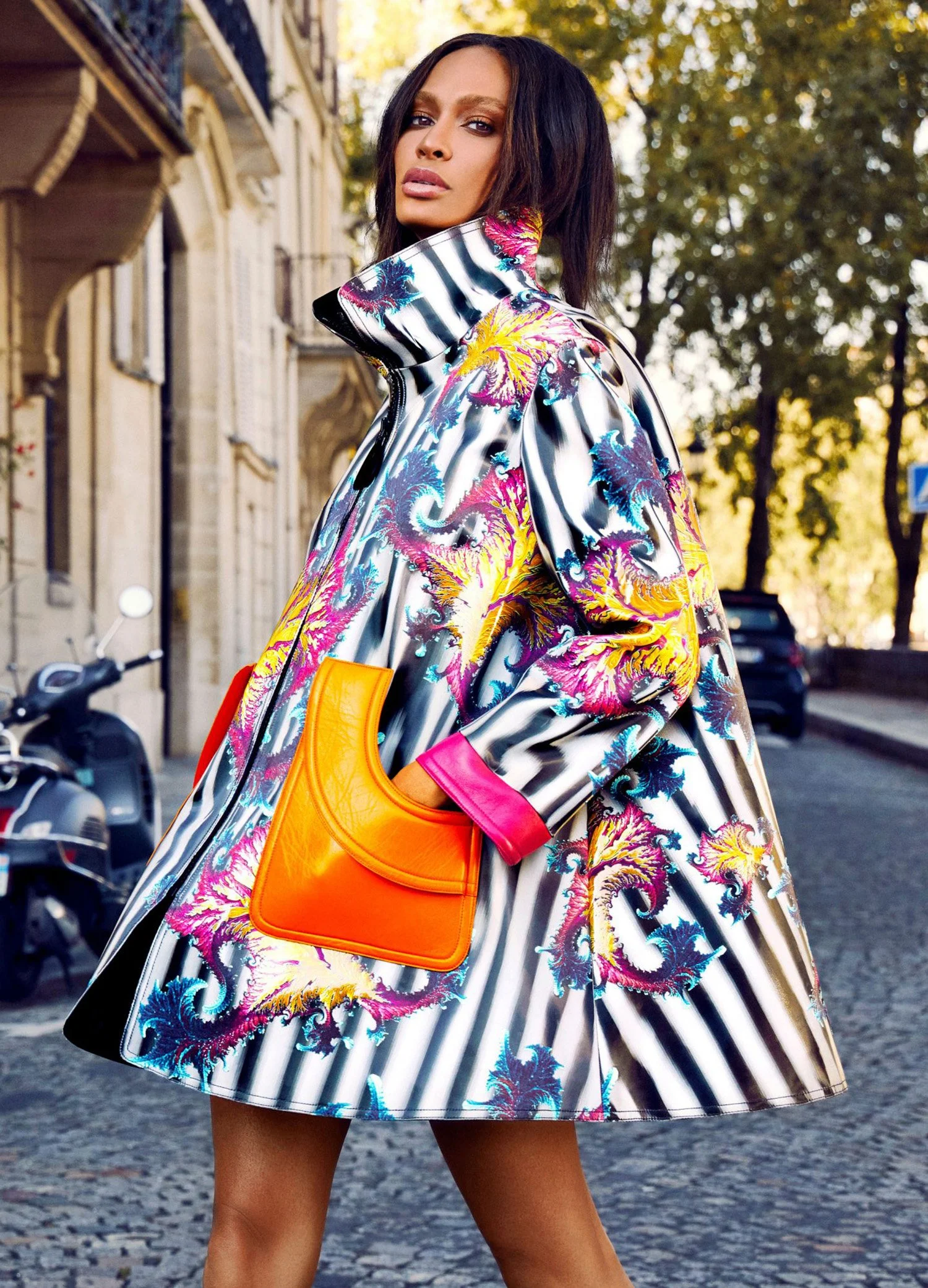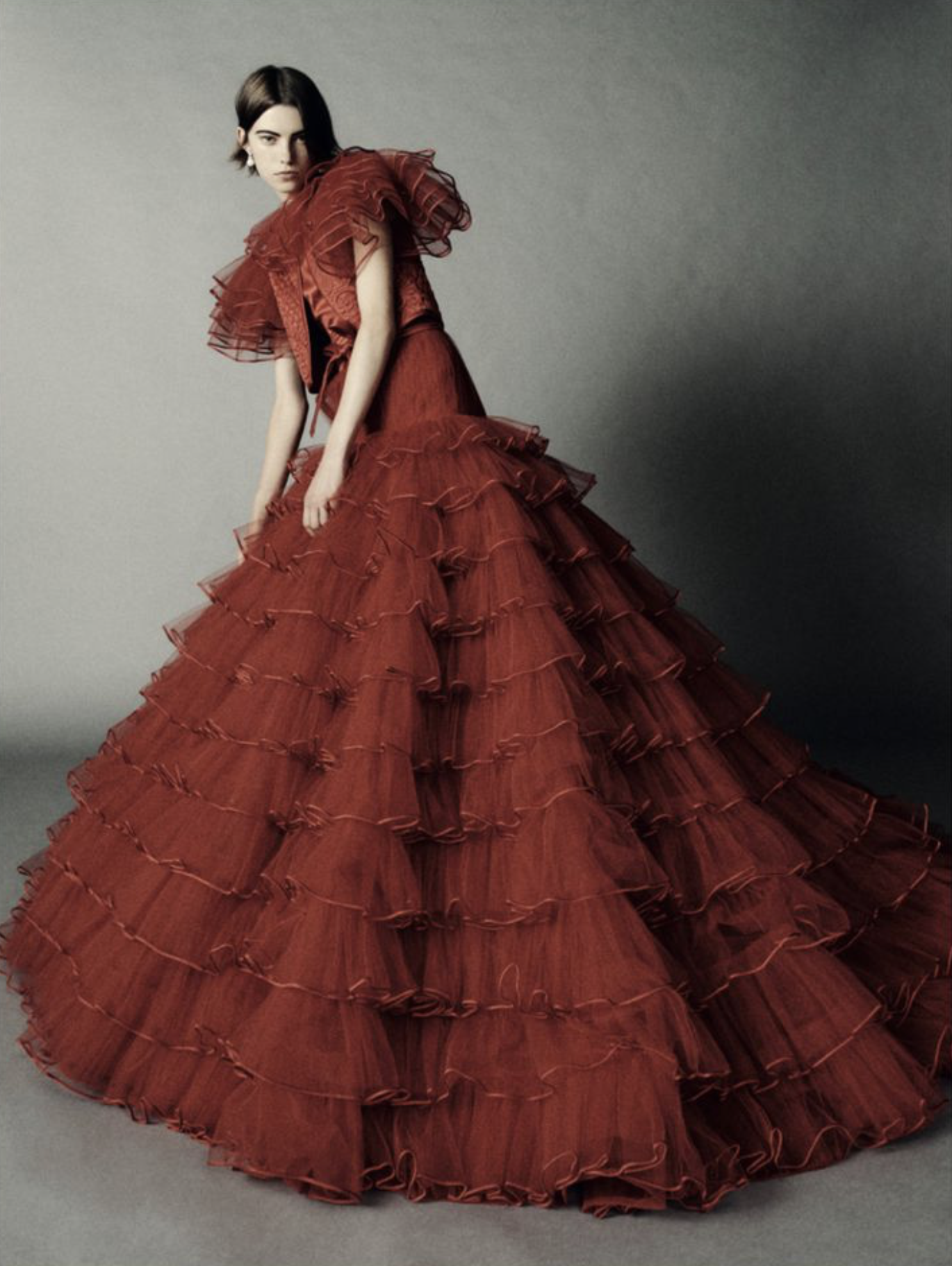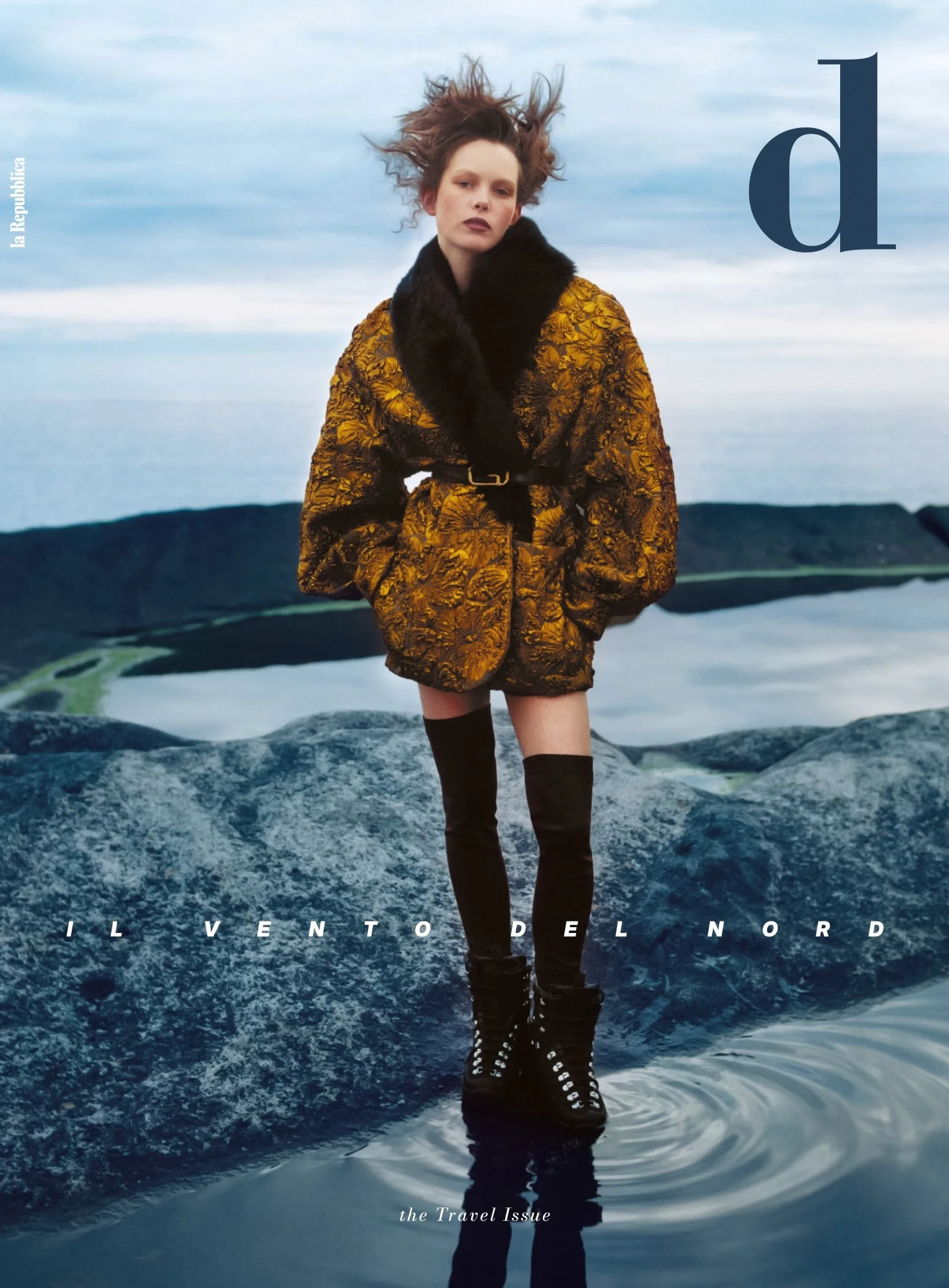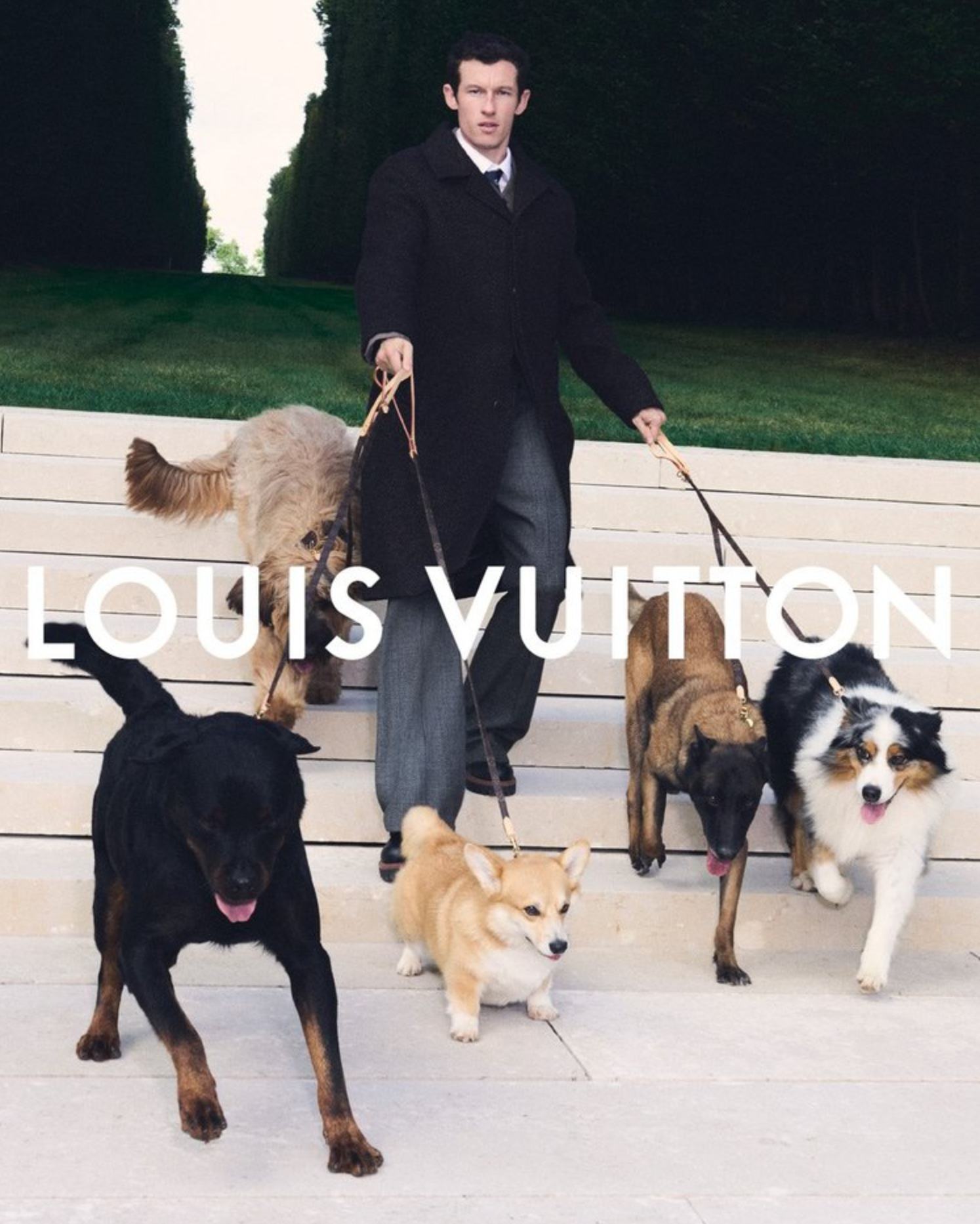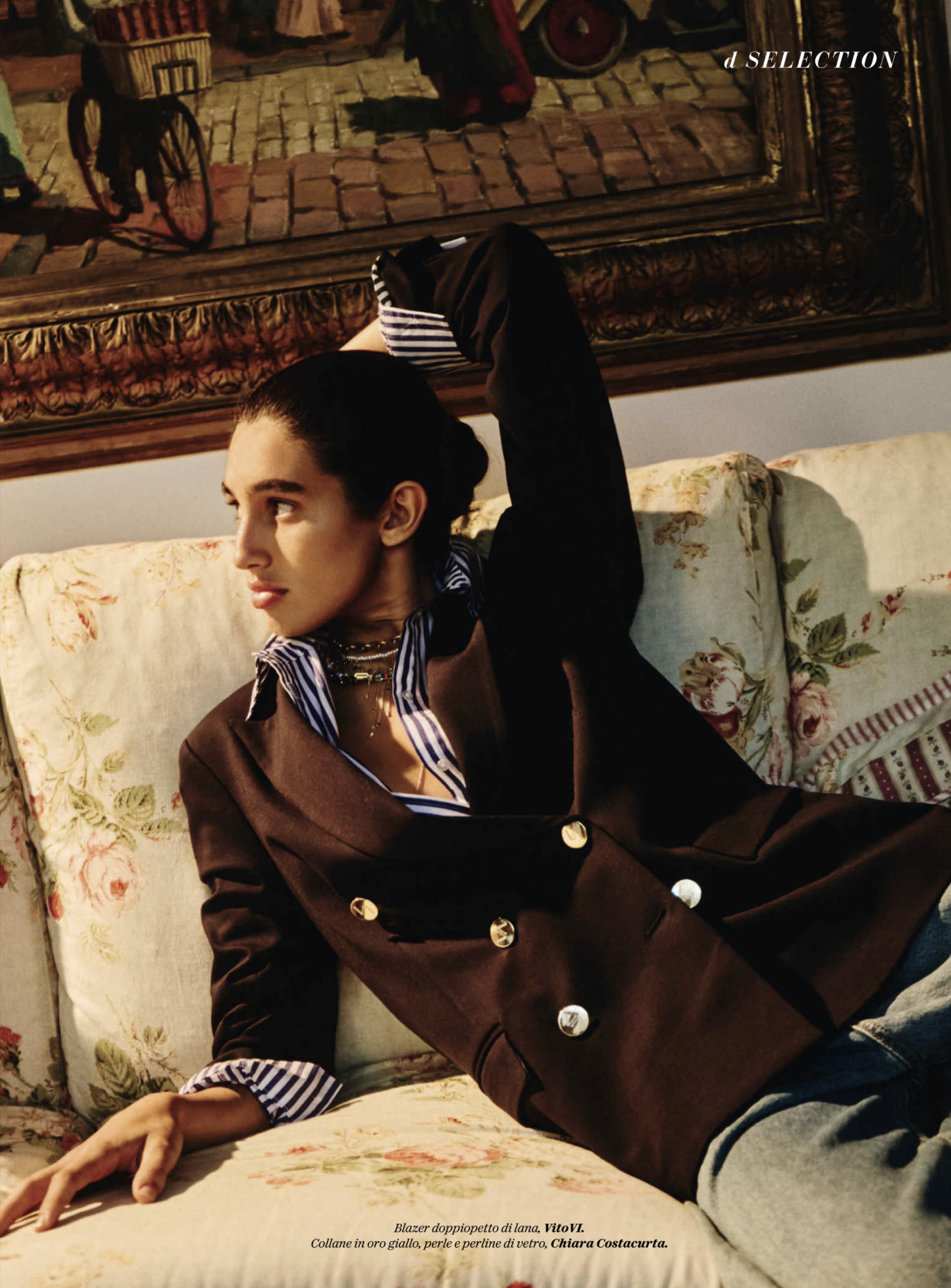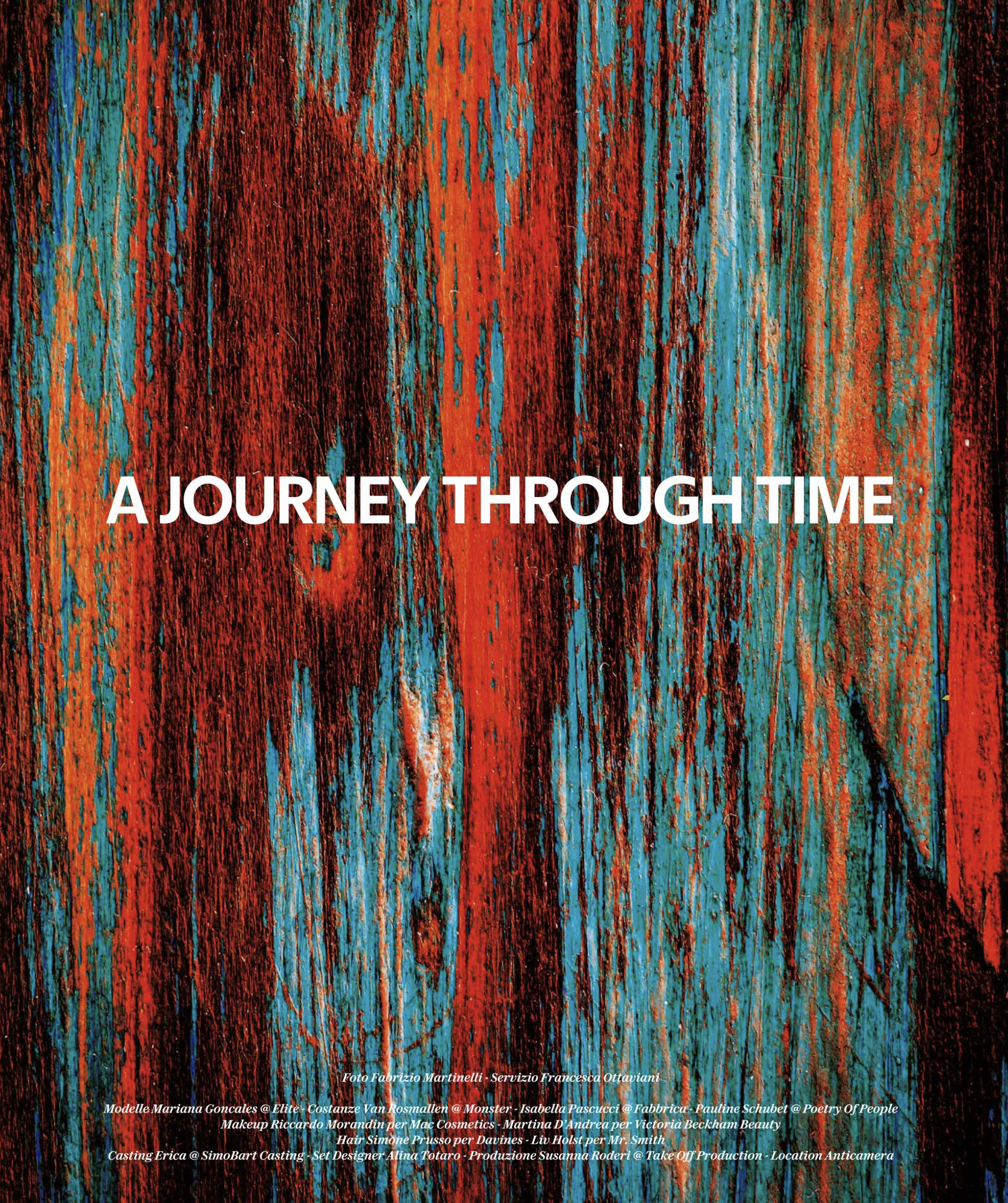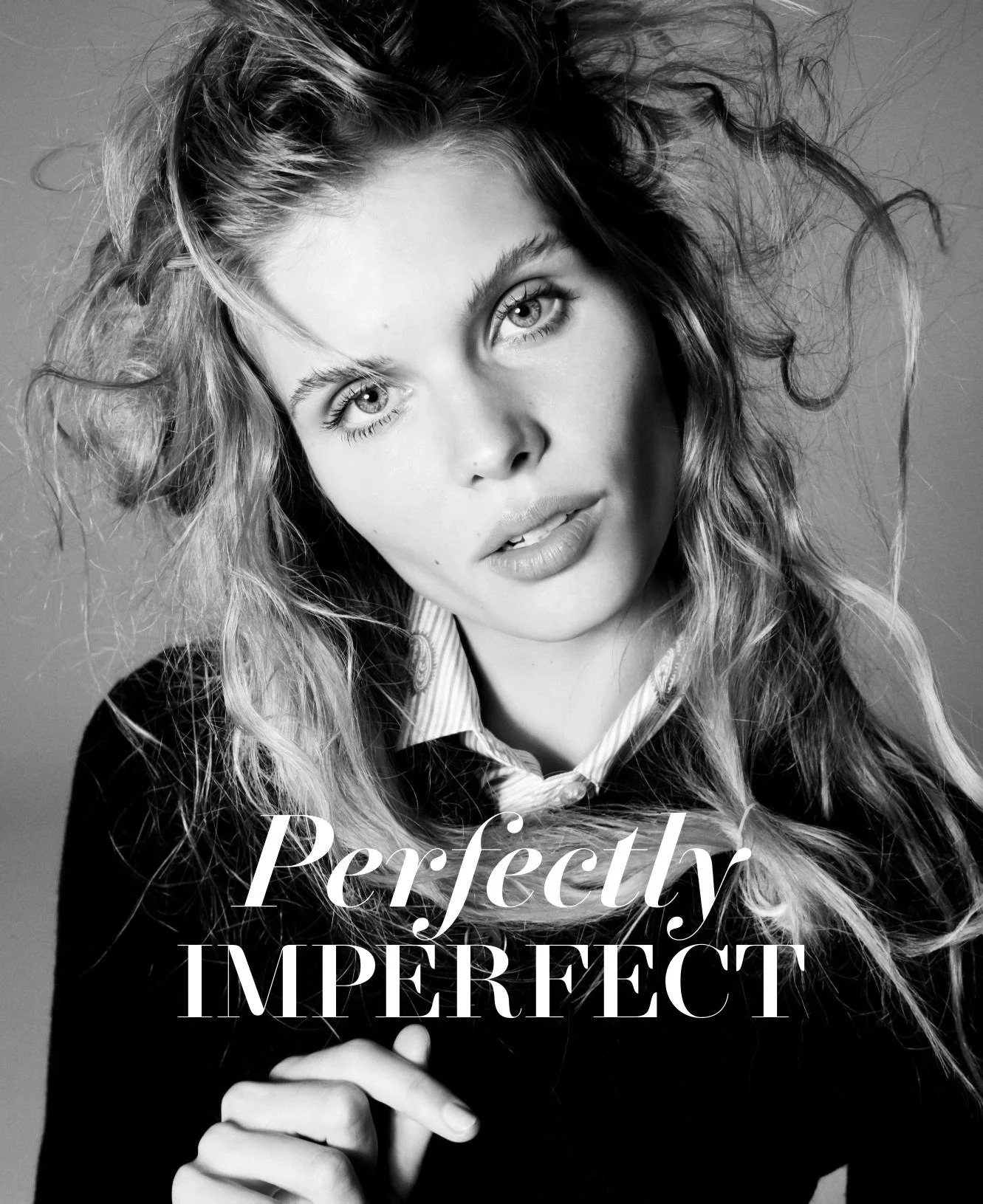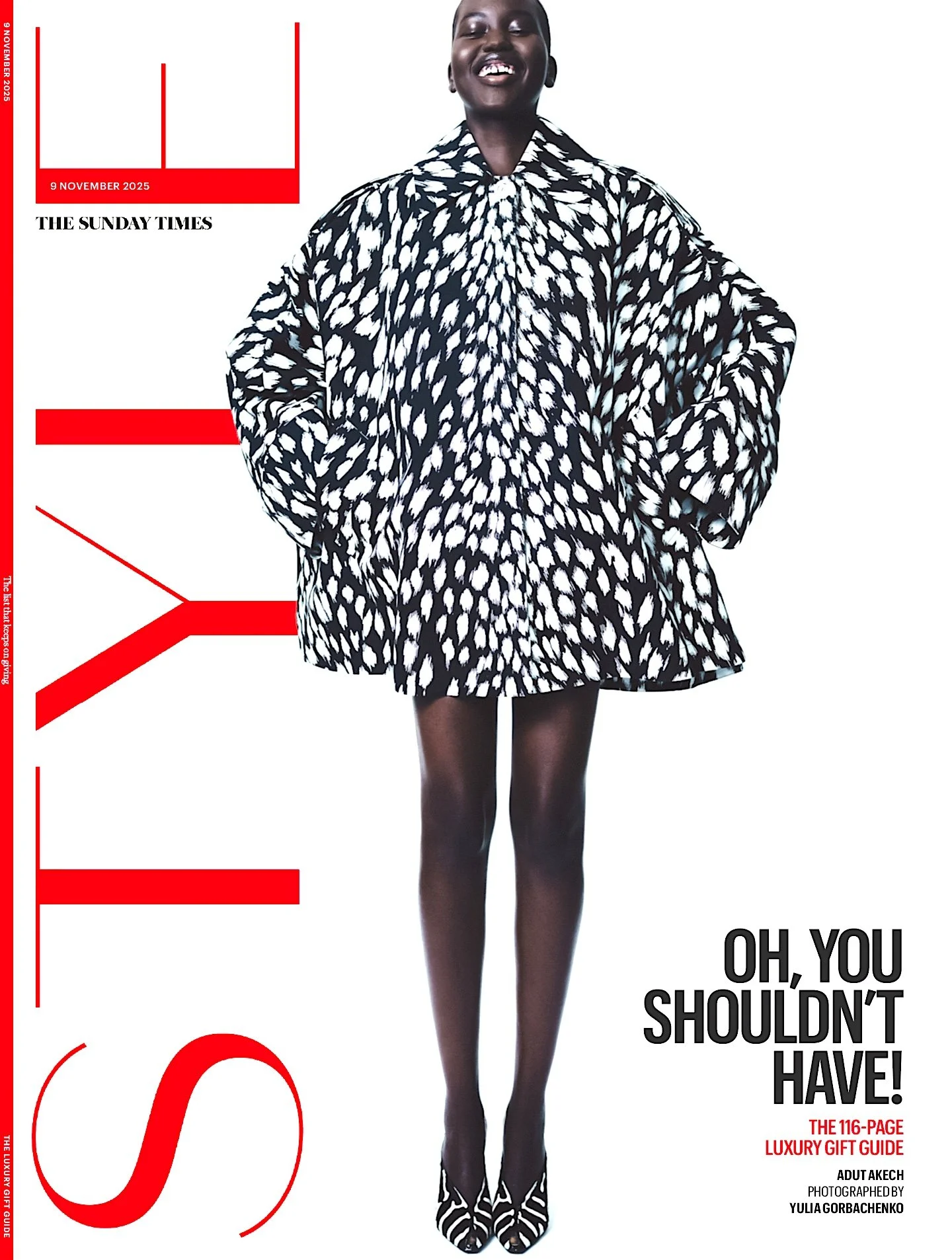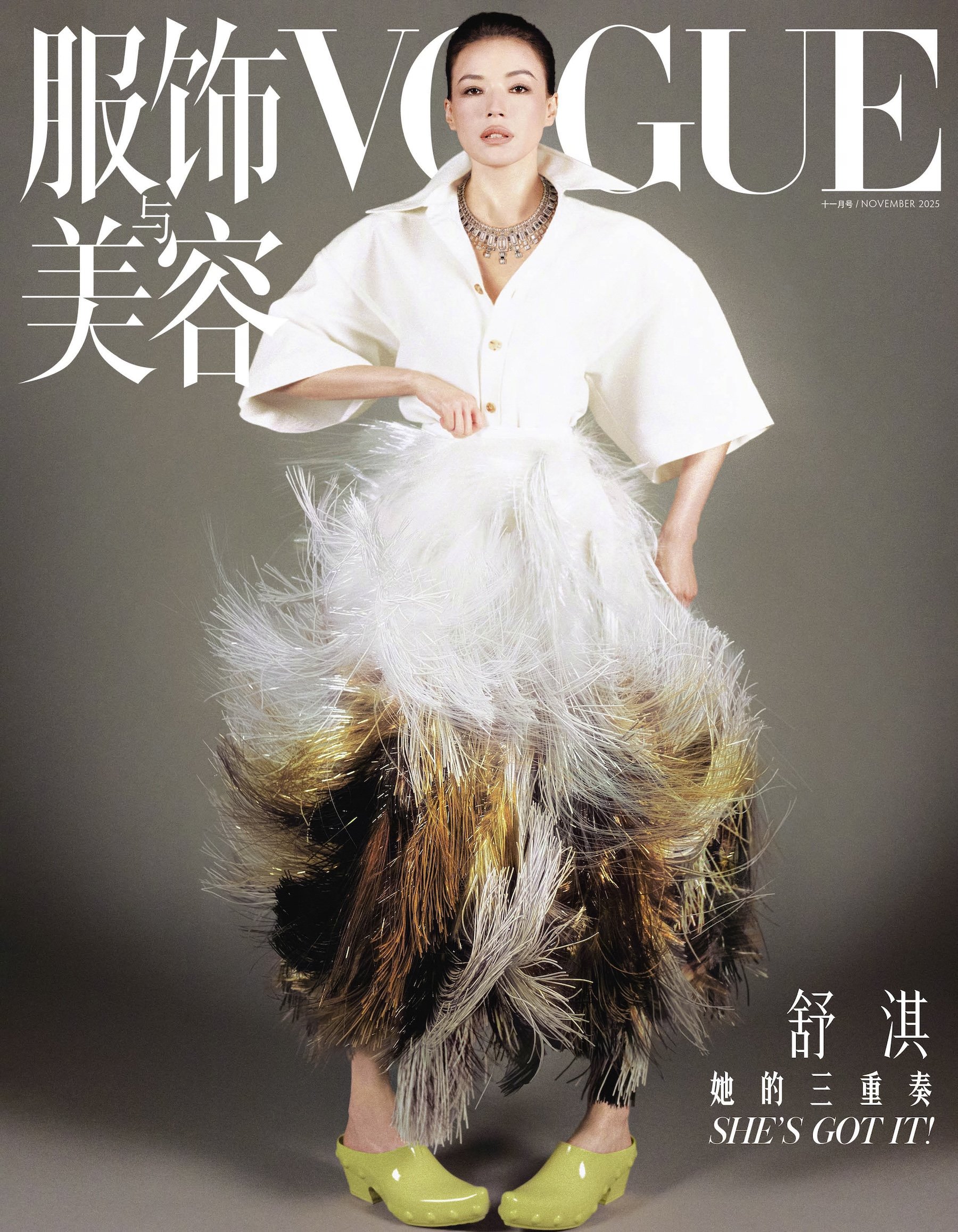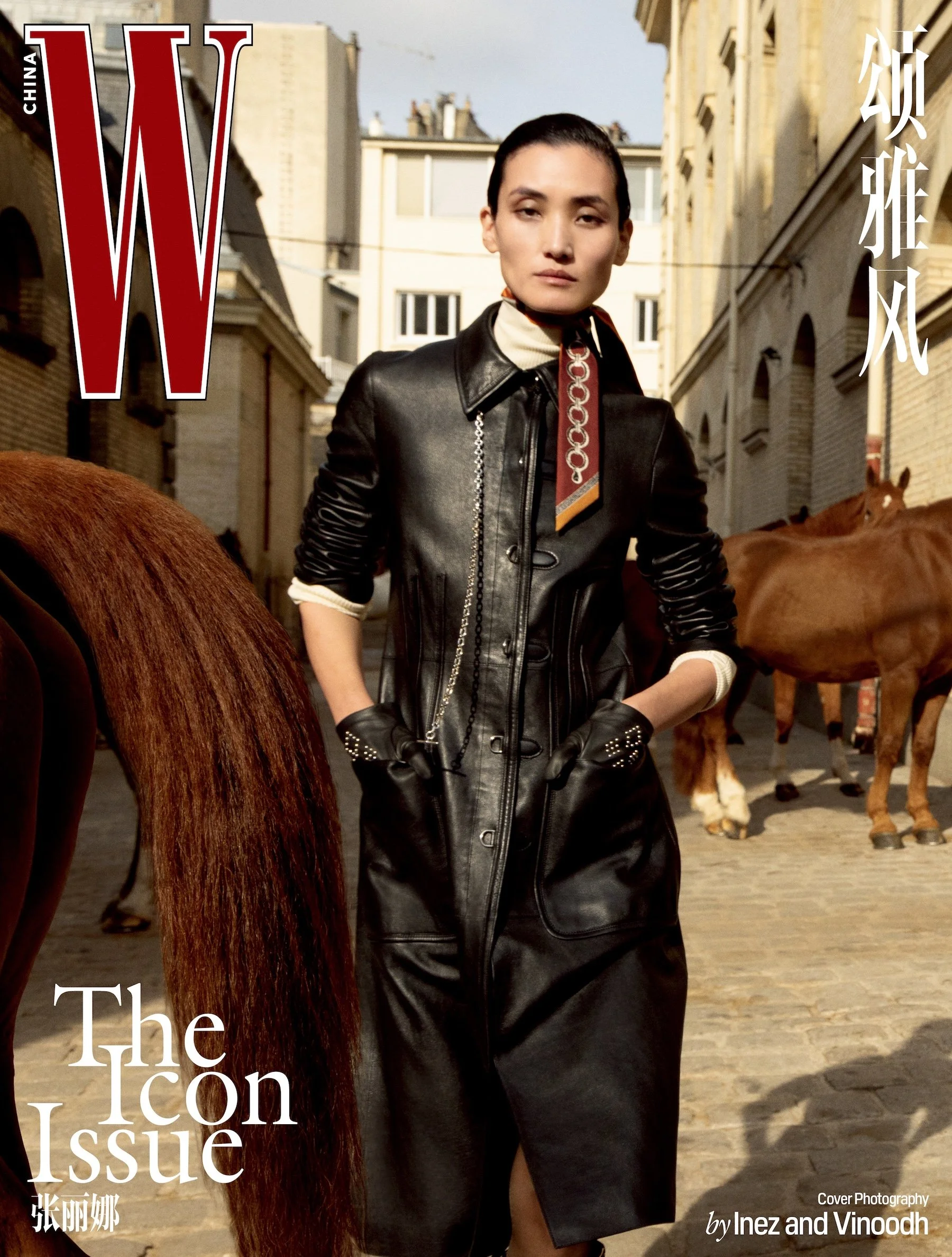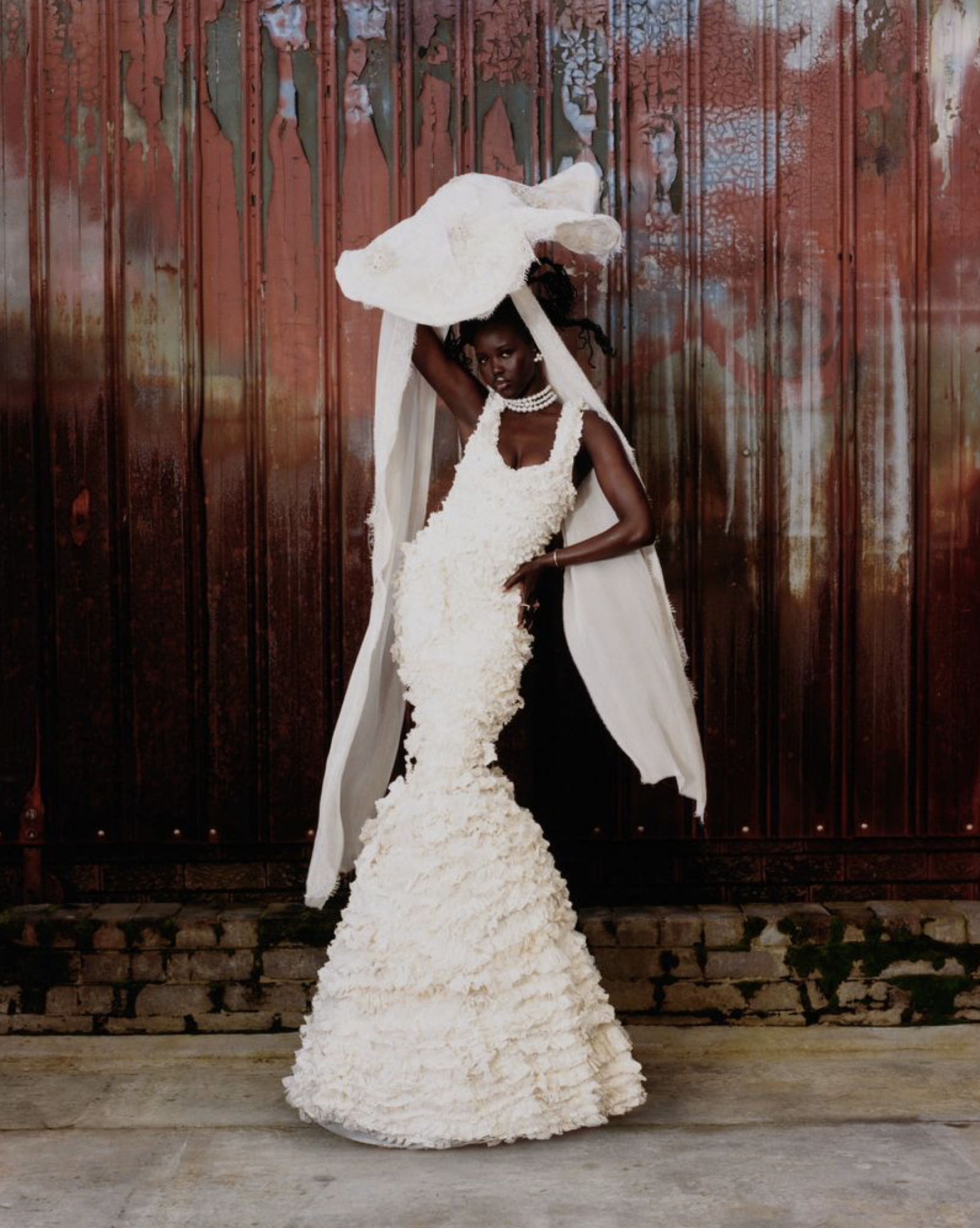20 Global Activists Are Center Stage on British Vogue's September 2020 'Activism Now' Cover
/Misan Harriman by Camilla Holmstroem
Manchester United and England footballer Marcus Rashford joins Adwoa Aboah, model and leading mental heath activist, on the cover of British Vogue’s September issue.
Aboah traveled to Marcus’s garden in Manchester for their cover shot, by Misan Harriman, the BLM protest photographer who first picked up a camera three years ago.
Harriman set up his digital media business, What We Seee, in 2016 (subscribe to the newsletter), after a career in finance.
Now we see his images of Aboah and Rashford in a fold-out cover featuring 18 other global activists, and fellow photographers Texas Isaiah, Philip-Daniel Ducasse, Reginald Cunningham and Chrisean Rose.
Nigeria-born Harriman is the first Black man to photograph a cover of British Vogue in the magazine’s history; Nadine Ijewere, who captured the January 2019 cover, was the first Black photographer. “To be even in the company of my idols – Norman Parkinson, Irving Penn – is, for a photography anorak like me, an honour,” he says. “But it’s also time for me to pay my respects to the giants whose shoulders I am standing on: Black photographers such as Simon Frederick, a British photographer who never got a cover, and Gordon Parks. To me, it is extraordinary that he never shot a cover.”
The fold-out cover and the contents of the September 2020 issue of British Vogue represent — in Edward Enninful’s words — “an ode to the extraordinary voices, old and young, who in this difficult year have devoted their energies to fighting for a fairer society.”
Like so many prominent activists, especially people over 50, Edward is cautiously optimistic that this time, the push for social justice is set to make breakthroughs we’ve not experienced in decades.
The 20 Remarkable Activists On Vogue’s September Cover Are Ready To Change The World
In early June, Norwegian-born, British writer Afua Hirsch, who interviewed the activists featured in the September issue, emerged from London Underground’s Vauxhall station to the discovery of an entirely new vibe in the streets. Hirsch recollects in British Vogue the moment she joined a protest — holding hands with two small girls — against the broadcast-live murder by Minneapolis police of George Floyd: “ . . . as I stepped up on to that street, I felt an outpouring of raw, ancestral anger and outrage against racism on a scale I’ve never experienced before.”
As the veteran Black liberation activist Professor Angela Davis remarked about the protests in America, and the same was true of Britain, “We’ve never witnessed sustained demonstrations of this size that are so diverse.”
The pain gathered after his death in Minnesota like an ocean swell, then rolled over the planet like a tsunami of Black rebellion, while injustices against Breonna Taylor, Ahmaud Arbery, Belly Mujinga, Shukri Abdi and so many more took centre stage. In London, we found ourselves surrounded by people of all races and ages, motorists beeping “Black. Lives. Matter” in unison with the march and bus drivers throwing Black Power fists from behind their windscreens. As the veteran Black liberation activist Professor Angela Davis remarked about the protests in America, and the same was true of Britain, “We’ve never witnessed sustained demonstrations of this size that are so diverse.”
We marched against the violence done to the bodies of Black people; we marched against the violence done to our minds. As we joined the crowds, my nine-year-old daughter and her friend clasped my hands, and I thought of the late Toni Morrison’s description of how, for Black people and especially Black girls, racism tries to take root, so that “something as grotesque as the demonisation of an entire race” is planted inside your very being.
The pain, I expected. But it was the joy that took me most by surprise. Protester after protester began coming up to my girls, stopping to call them “Black queens”, making way for them, boosting them, reminding them that they are beautiful. In their faces, I saw the unmistakable look of relief that I instantly recognised. It was as if the rest of the world had finally, as the writer Clarissa Brooks wrote, woken up to the Black experience, to think about “what it means to see, participate and be an oppressed person in a world that feeds off of your body”. Continue reading at British Vogue.
In this Sky News interview about the September 2020 issue of British Vogue, editor-in-chief Edward Enninful delivers a rich, 10-minute interview about his life, Vogue magazines, racism, and his September issue — as well as Vogue’s global effort around ‘Hope’ to launch the fall season.
Edward reflects on his recent racial profiling trying to enter his own Conde Nast office and finding himself unable to pass muster with the security guard.
Enninful also speaks in his interview of the fashion industry anti-racist activism of top model Joan Smalls.
AOC will share shortly the activist credentials of each of the people included in the covers and the inside pages of the September issue of British Vogue.




